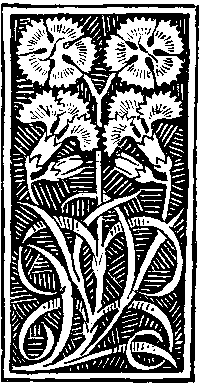“This garish parish called the music hall”:
Rupert Holmes’s Drood as Dickensian Adaptation
Keywords:
adaptation, concept musical, Dickens, Edwin Drood, Rupert Holmes, musical theatre, Oliver!, Stephen SondheimAbstract
Rupert Holmes’s musical adaptation of Dickens’s The Mystery of Edwin Drood, first staged in 1985, remains one of the most inventive stage adaptations of any Dickens novel. This adaptation is not a traditional integrated musical, however. Rather, the play is written as an excursion into a Victorian music hall, where a lively group of actors and actresses are staging a musical revue based on Dickens’s last novel. Holmes’s Drood is thus a concept musical, a distinctive genre in musical theatre which became prominent in America in the 1970s and which represents one of the most innovative and modern takes on the musical format. For Holmes, the central concept of replicating a music hall is more imperative than the narrative thread of the Drood murder mystery. However, by laying such emphasis on British music-hall culture, Holmes, like Lionel Bart before him, is able to reinforce the traditional Britishness and popular appeal of Dickens.


